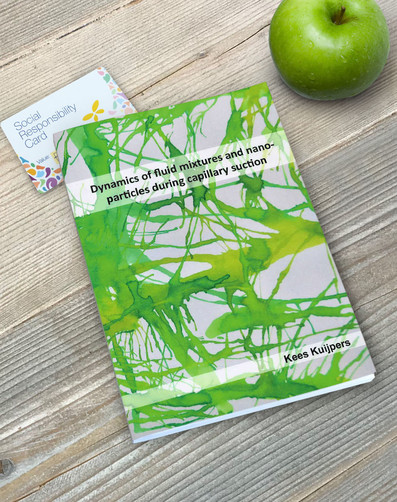
In the current society, sustainable development and the reduction of the impact of products and processes on the environment, becomes more and more important. This is driven by the demands of customers as well as legislation from the European Union and the United Nations. In the field of inkjet printing, this has led to the development of water-based inks as a ‘greener’ substitute to the solvent base d inks used before. These water-based inks generally contain water as a solvent, a co-solvent to control the evaporation rate, a surfactant to control the spreading over the printing substrate and pigment particles, which result in the printed image. However, these nanoparticles are the most expensive part of the ink and are hazardous to the environment in their own right. Therefore, their use should be minimized. This poses an interesting problem as the nanoparticles are needed to form the printed image and therefore directly affect the print quality and print robustness.
Download Thesis